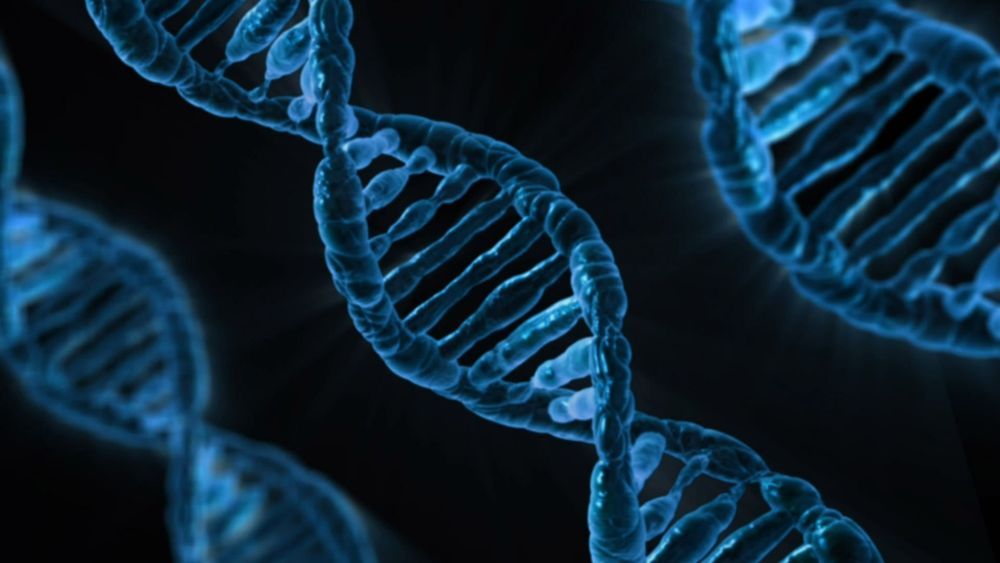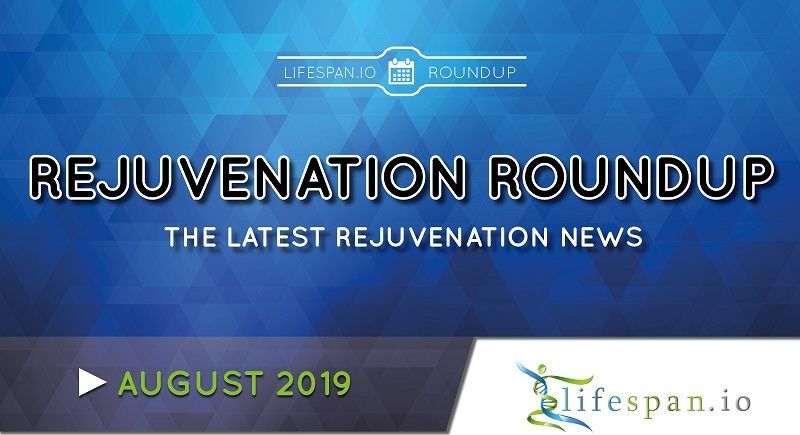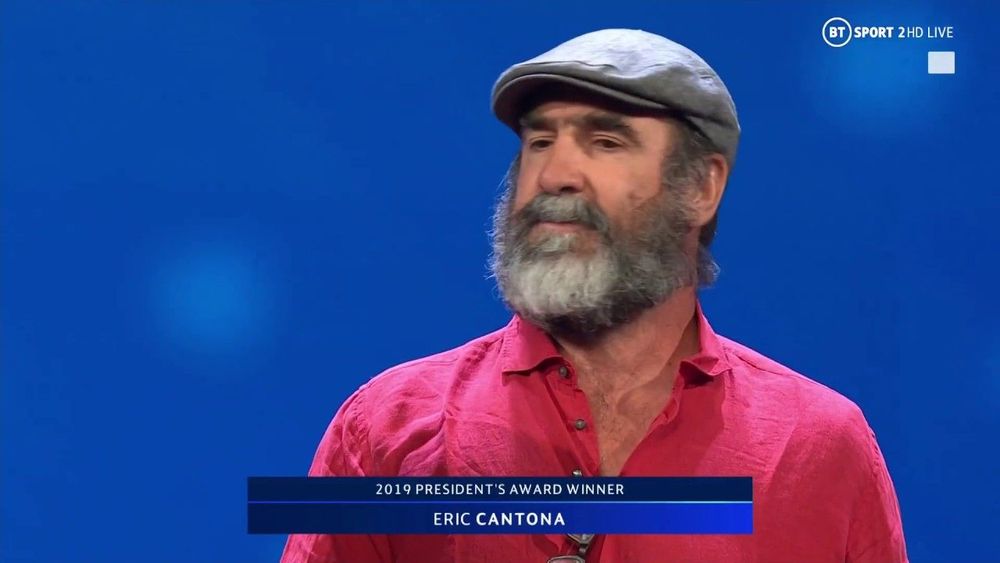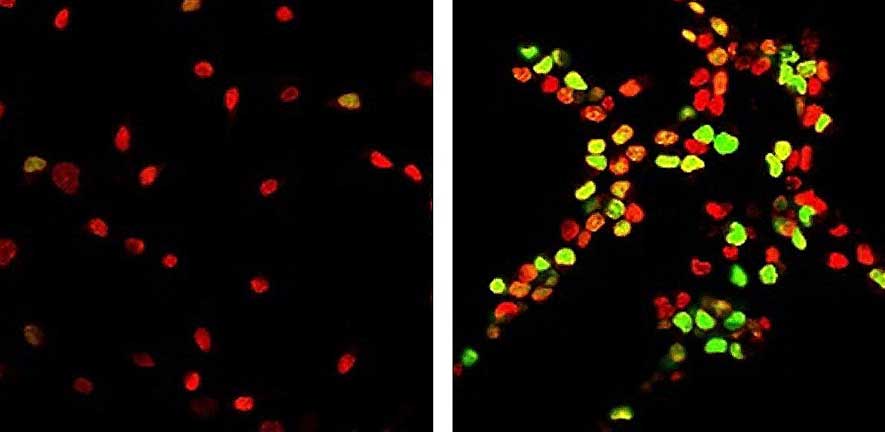
This makes for a microcosm of people on the outside looking in who do not follow on a regular basis. A basic headline of living forever followed by comments of doubt or silliness and the heat death of the universe. Of the experts, I like Sinclair’s answer best.
What do hideous mall t-shirts, emo bands from the mid-aughts, and gorgeously-wrought realist novels about dissolving marriages have in common? Simply this assertion: Life Sucks. And it does suck, undoubtedly, even for the happiest and/or richest among us, not one of whom is immune from heartbreak, hemorrhoids, or getting mercilessly ridiculed online.
Still, at certain points in life’s parade of humiliation and physical decay almost all of us feel a longing—sometimes fleeting, sometimes sustained—for it to never actually end. The live-forever impulse is, we know, driving all manner of frantic, crackpot-ish behavior in the fringier corners of the tech-world; but will the nerds really pull through for us on this one? What are our actual chances, at this moment in time, of living forever? For this week’s Giz Asks, we spoke with a number of experts to find out.

















